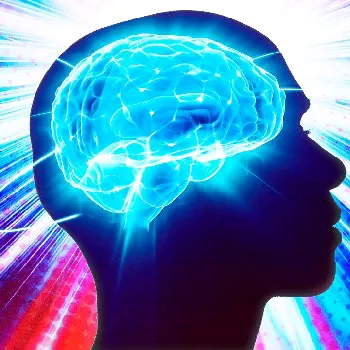Menstruation
Menstruation is the monthly fluctuation of hormones that controls the female body’s production and release of an egg from the ovaries into the uterus for fertilization. It culminates with the discharge of the uterine lining if a fertilized egg fails to implant in the uterus. The hormones typically fluctuate on a twenty-eight-day cycle; however, each body has its own rhythm, so some people experience cycles that are longer or shorter. The menstrual cycle is a cooperative act between the ovaries, uterus, and the hormones that control them.
There are several hormones involved in the menstrual cycle, and they are all important to the overall process. Hormones act as regulators of communication between various parts of the body. In this case, these hormones communicate between the hypothalamus in the brain and the reproductive organs. Follicle-stimulating hormone (FSH) acts on different areas depending on the sex of a person. In females, follicle-stimulating hormone is responsible for promoting the growth of the egg cell. The next hormone, luteinizing hormone (LH), is responsible for triggering ovulation as well as maintaining...
There are several hormones involved in the menstrual cycle, and they are all important to the overall process. Hormones act as regulators of communication between various parts of the body. In this case, these hormones communicate between the hypothalamus in the brain and the reproductive organs. Follicle-stimulating hormone (FSH) acts on different areas depending on the sex of a person. In females, follicle-stimulating hormone is responsible for promoting the growth of the egg cell. The next hormone, luteinizing hormone (LH), is responsible for triggering ovulation as well as maintaining...




